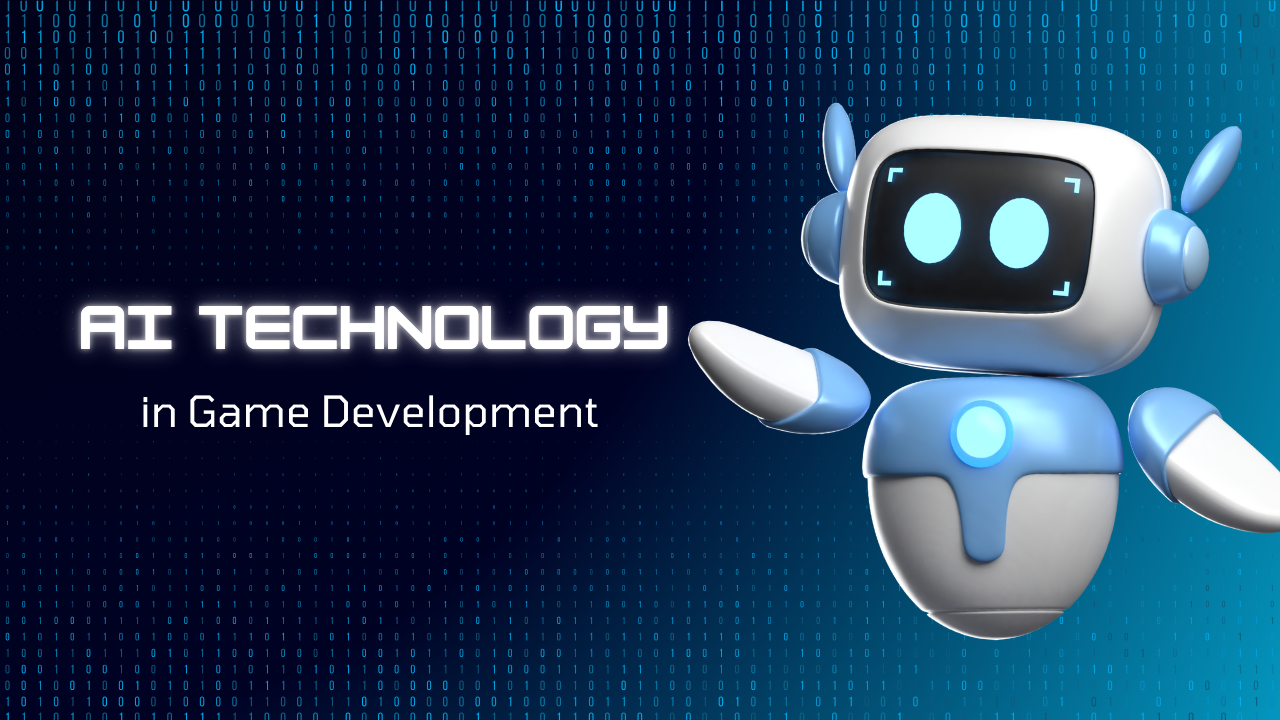Artificial Intelligence (AI) technology is revolutionizing the gaming industry, bringing unparalleled levels of realism, immersion, and complexity to digital experiences. From lifelike non-player characters (NPCs) to dynamic game environments, AI’s potential seems limitless. However, as with any powerful technology, there are ethical considerations that developers and the gaming industry must navigate.
These considerations are crucial not only for ensuring fair and enjoyable player experiences but also for addressing broader societal impacts. In this article, we explore the key ethical issues associated with the use of AI technology in game development and why they matter.
Bias and Discrimination
One of the most pressing ethical concerns with AI technology is the risk of bias and discrimination. AI systems are often trained on large datasets that may contain inherent biases. If these biases are not identified and mitigated, they can be perpetuated and amplified within games.
For instance, NPC behavior and decision-making processes could unfairly favor certain characters or in-game decisions, leading to a skewed gaming experience
The Importance of Fair and Unbiased AI
Ensuring that AI systems in games are fair and unbiased is critical for creating inclusive gaming experiences. Developers must be diligent in testing and refining AI algorithms to identify potential biases. This process often involves diversifying training datasets and employing fairness metrics to assess the impact of AI decisions.
Transparency and Accountability
AI technology in games often operates as a “black box,” where the decision-making processes are not transparent to players or even developers. This lack of transparency can lead to a lack of accountability, especially when AI systems make mistakes or produce unintended outcomes.
Ensuring Transparency
To address this issue, developers should strive to make AI systems more interpretable. This involves providing clear explanations of how AI systems work and how they make decisions. Additionally, establishing accountability mechanisms is crucial, particularly when AI systems impact gameplay or player experiences.
Addictive Gameplay Mechanics
AI technology can be used to design gameplay mechanics that are highly engaging, sometimes to the point of being addictive. While keeping players engaged is a goal of game design, there is a fine line between engaging gameplay and exploitation. Features like loot boxes or pay-to-win mechanics can encourage compulsive spending and gaming behaviors.
Balancing Engagement with Well-being
Developers must consider the potential for addictive behaviors when designing games. This includes implementing safeguards, such as setting limits on in-game spending or providing clear information about the odds of winning in loot boxes. It’s essential to prioritize player well-being over short-term profits.
Privacy and Data Security
The effectiveness of AI technology often depends on access to large amounts of player data. However, this raises significant privacy and data security concerns. Players may not be fully aware of how their data is being collected, stored, and used, leading to potential misuse or breaches of sensitive information.
Protecting Player Data
To address these concerns, developers should implement robust data protection measures. This includes encrypting data, securing storage systems, and providing transparent privacy policies. It’s also crucial to give players control over their data, allowing them to opt out of data collection if they choose.
Cultural Sensitivity and Representation
AI technology plays a significant role in how characters and cultures are represented in games. However, there is a risk of reinforcing stereotypes or engaging in cultural appropriation if these representations are not handled thoughtfully.
Ensuring Cultural Sensitivity
To promote cultural sensitivity, developers should collaborate with diverse creators and consultants who can provide insights into different cultural perspectives. This helps ensure that games are respectful and inclusive, avoiding harmful stereotypes and promoting positive representation.
Autonomous Decisions and Player Agency
AI technology in games often involves systems that make autonomous decisions, affecting the game world and player experiences. While this can enhance gameplay by creating dynamic and responsive environments, it also raises questions about player agency. Players may feel that their choices are limited or that the game is directing them in specific ways.
Preserving Player Autonomy
To address this, developers should design AI systems that enhance, rather than restrict, player agency. This includes providing multiple pathways and outcomes in games, allowing players to make meaningful choices that impact their experience.
FAQs
The main ethical concerns include bias and discrimination, lack of transparency, addictive gameplay mechanics, privacy and data security, cultural sensitivity, and the impact on player agency.
Developers can ensure fairness by using diverse datasets, employing fairness metrics, and conducting thorough testing of AI systems. Transparency in how AI decisions are made is also crucial.
Developers should implement strong data encryption, secure storage practices, and transparent privacy policies. Providing players with control over their data is also essential.
The use of AI technology in game development presents both exciting opportunities and significant ethical challenges. As the industry continues to evolve, it is crucial for developers to prioritize ethical considerations, ensuring that AI systems are fair, transparent, and respectful of player privacy and well-being. By addressing these issues proactively, the gaming industry can harness the power of AI to create enriching, inclusive, and responsible gaming experiences. For further information on ethical concerns in AI development, explore resources like Ethics in AI Development, AI and Game Development, and Ethical Standards in Gaming.
















